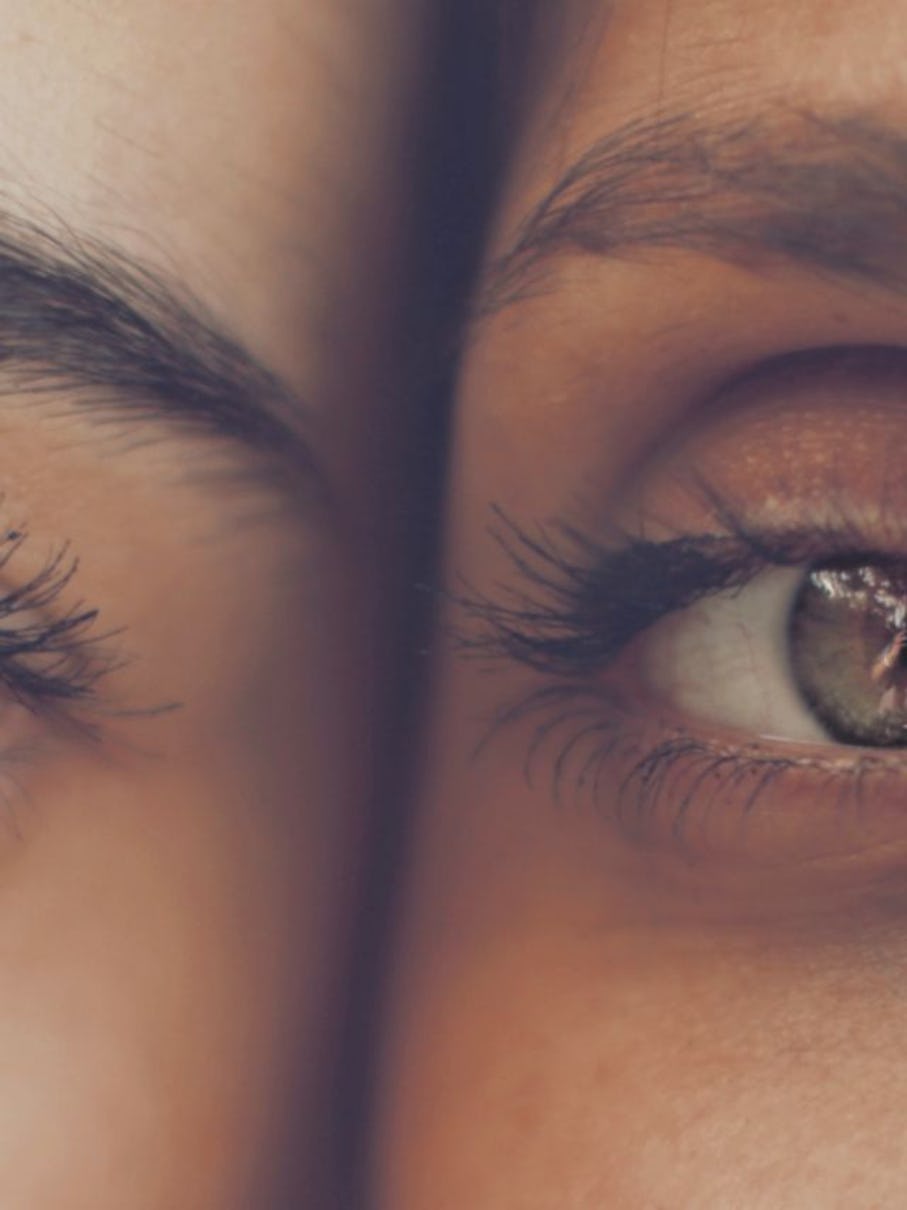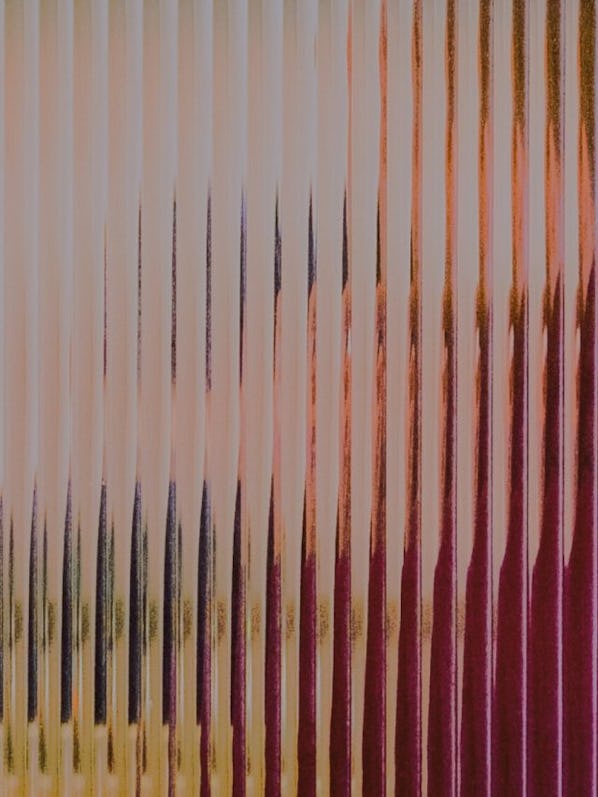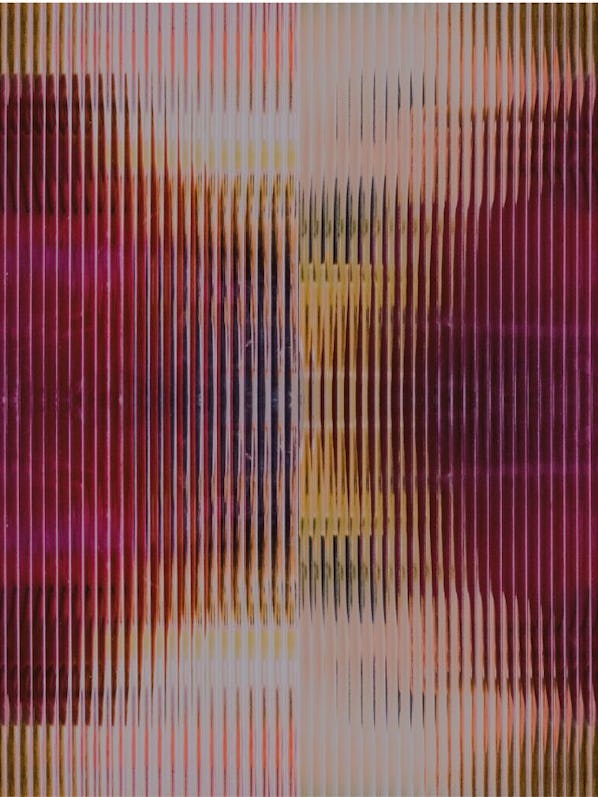
Lutein & Zeaxanthin - Eye Health Boosters

What's In Our Essential Eye Vitamins

Erase Dark Circles - Causes & Cures
Age-related macular degeneration (AMD) is a degenerative eye condition affecting the macula, the retina's central portion responsible for sharp, clear vision. This condition can cause progressive vision loss and blindness, especially in people over 50.
While there is no cure for AMD, early diagnosis and treatment can help slow the condition's progression and preserve vision. Our article covers lifestyle changes and recommended treatment plans that can help to reduce the risk of developing AMD and slow its progression.
The macula is a small, circular area in the center of the retina at the back of the eye (measuring only a few millimetres across - see B in the diagram). It is responsible for providing central vision, which is the clearest and sharpest vision used for reading, driving, and recognising faces.
The macula comprises several layers of specialised cells, including photoreceptor cells called cones and rods that convert light into electrical signals. The macula also contains a high concentration of a macular pigment, made up of three carotenoids - Lutein, Zeaxanthin, and Meso-zeaxanthin (all obtained through the diet, not made in the body). The macular pigment acts as a filter, absorbing blue light and protecting the retina from oxidative stress and damage caused by free radicals. This protection is vital for the health of the photoreceptor cells in the macula, thereby maintaining central vision.
The early stages of AMD may not have any noticeable symptoms. Still, as the condition progresses, the following symptoms may develop:
The exact cause of AMD is unknown, but several factors are believed to contribute to the development of the condition. These include:
People over 50, especially those with a family history of AMD, are at a higher risk of developing the condition.
Other risk factors include:
There are two primary forms of AMD: wet and dry AMD. Wet AMD, also known as neovascular AMD, is less common but more aggressive, affecting 10-15% of cases. It is characterised by abnormal blood vessel growth beneath the retina, which can leak blood and fluid, resulting in rapid vision loss.
In contrast, dry AMD, also known as non-neovascular or atrophic AMD, accounts for 85-90% of cases and involves a gradual breakdown of light-sensitive cells in the macula. This slow deterioration leads to more progressive vision loss.
While both types share common risk factors such as age, family history, and smoking, their treatment options differ significantly. Wet AMD often requires anti-VEGF injections, photodynamic therapy, or laser surgery. In contrast, dry AMD management focuses on lifestyle changes, AREDS2-based eye vitamins, and monitoring for disease progression.

The Age-Related Eye Disease Study 2 (AREDS2) is the largest global clinical trial of eye diseases - conducted to determine dietary supplements' effects on age-related macular degeneration (AMD).
The AREDS2 study found that taking a daily dietary supplement containing Lutein, Zeaxanthin, vitamin C, vitamin E, and zinc can reduce the risk of progression to advanced AMD by 25%. The study also found that Lutein and Zeaxanthin may be more beneficial than beta-carotene in lowering the risk of AMD progression.
It is important to note that the AREDS2 formula is not a cure for AMD and does not replace other treatments for the condition. People with AMD should continue to receive regular eye exams and follow their doctor's recommended treatment plan.
There is no sure way to prevent Age-related macular degeneration (AMD) - but making specific lifestyle changes can help to reduce the risk of developing the condition. These include:
No specific flying-related risks exist for people with Age-Related Macular Degeneration (AMD). However, it is important to continue following general eye health guidelines, such as staying hydrated and wearing UV-protective sunglasses. Additionally, ensure you take regular breaks from activities involving prolonged near vision, like reading or using digital devices, to avoid eye strain.
If you are receiving treatments such as intravitreal injections, consult your doctor about the appropriate timing for your flight, as they may advise you on any special precautions or schedule adjustments needed to maintain the effectiveness of your treatment plan.

A combination of antioxidants, such as vitamins C and E,as well as Lutein, Zeaxanthi and zinc, can help to slow the progression of AMD.
Anti-VEGF injections can help to reduce the growth of new blood vessels in the eye, which can cause vision loss in people with AMD.
Laser therapy can help to destroy abnormal blood vessels in the eye that can cause vision loss in people with AMD.
Photodynamic therapy uses a light-activated drug to destroy abnormal blood vessels in the eye.
If you have AMD, there are several steps you can take to manage your vision:

Smoking, age, genetic predisposition and chronic exposure to sunlight are considered the most significant risk factors for getting AMD.
Difficulty seeing under low light conditions or at night is one of the first symptoms of AMD. Studies have shown that loss of photoreceptor cells (in the macula), particularly 'rod cells' involved in night vision, occurs before structural markers of AMD are visible.
Currently, scientific studies cannot definitively say that light intensities (of any colour) coming from digital devices pose a significant threat to our retinas. But, this hasn't been ruled out, so the general advice is moderate and manage excessive screen time.
It is generally accepted that wearing sunglasses in bright sunlight reduces oxidative stress in the retina.
The AREDS studies were designed to investigate the effects of supplements on patients that had already developed AMD – read about it below. Several antioxidants can neutralise the oxygen by-product, thereby reducing cell oxidative stress. Your body, for example, is programmed to produce glutathione (an antioxidant) in all cells to balance oxidative stress. Other essential antioxidants include vitamin C, vitamin E and carotenes. However, these cannot be made by our bodies and need to be taken up through diet - the food we and any supplements we take.
The Age-Related Eye Disease Study (AREDS) and AREDS2 were two large clinical studies with several thousand participants conducted over many years. The studies were designed to investigate the effects of supplements (including Lutein, Zeaxanthin, antioxidants and zinc) on patients already developing AMD. The final results and follow-up studies identified benefits for some patients. The AREDS2 formulation has been widely adopted by specialists and doctors in delaying or slowing down the progression of AMD.
People who regularly consume a Mediterranean-like diet are at a lower risk than those who consume a traditional Western diet, including high glycemic index foods, high-fat dairy products, fried foods, and processed meats. Exercising regularly and wearing sunglasses with good UV protection may also prevent or delay the progression of AMD.
Reactive oxygen species are created as a by-product whenever cells consume oxygen. The damage that’s caused by this by-product is called oxidative stress. The macula requires a lot of energy (due to the enormous amount of visual information processed in this small piece of tissue). Consequently, the macula uses a lot of oxygen, which causes oxidative stress.
Any exposure to light causes oxidative stress (especially to the macula). Our cells have in-built mechanisms to defend against oxidative stress. Still, it is suggested that as we age, our defence mechanisms weaken, exposing our cells to more oxidative stress. Hence, oxidative stress is considered a contributing factor to the onset of AMD.
AMD is the leading cause of adult blindness in developed countries, particularly in those over 55 years of age. Worldwide, this condition accounts for 7% of cases of blindness and is expected to affect 288 million people by 2040. AMD is more prevalent than glaucoma and dry eye combined.